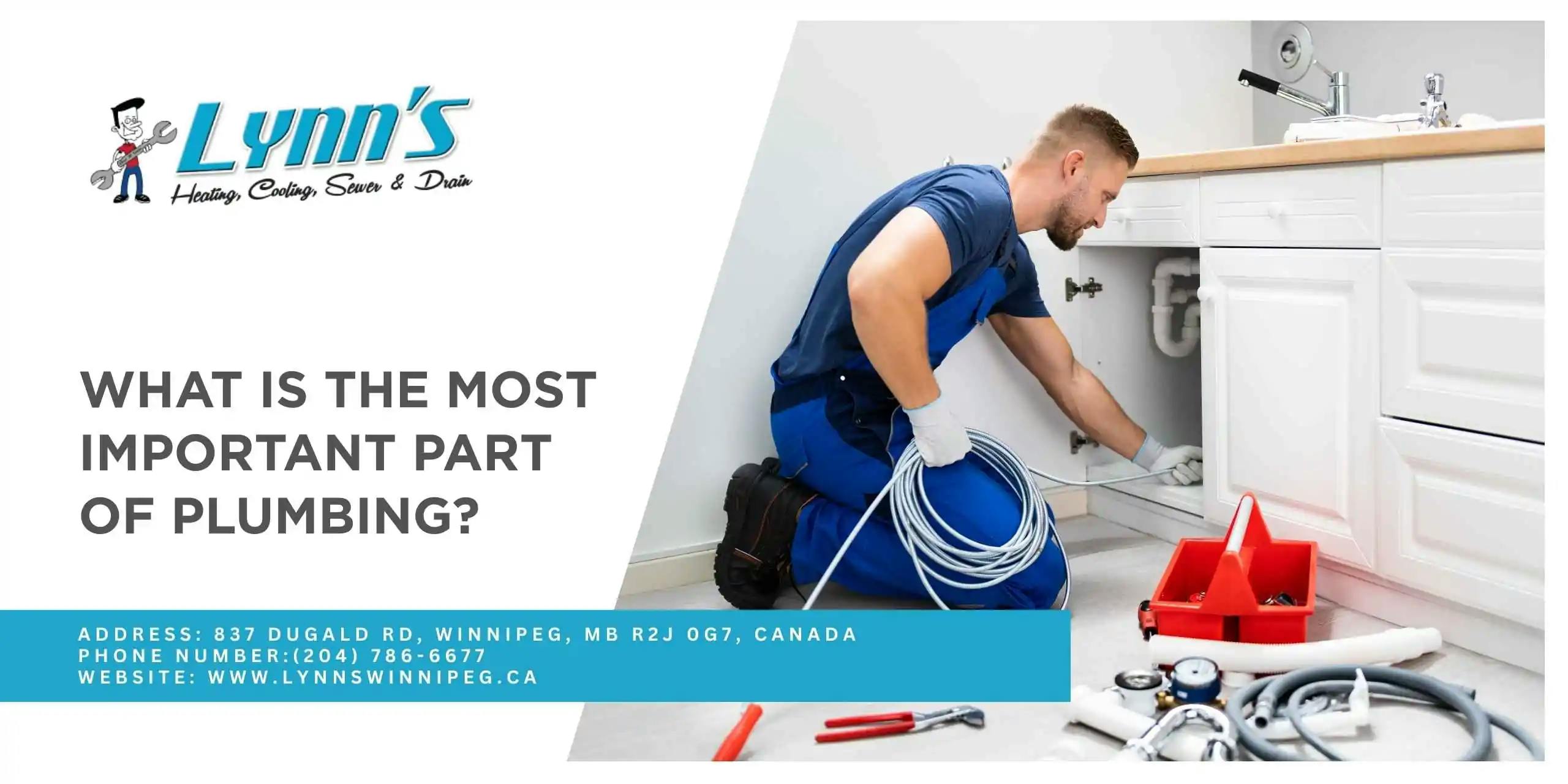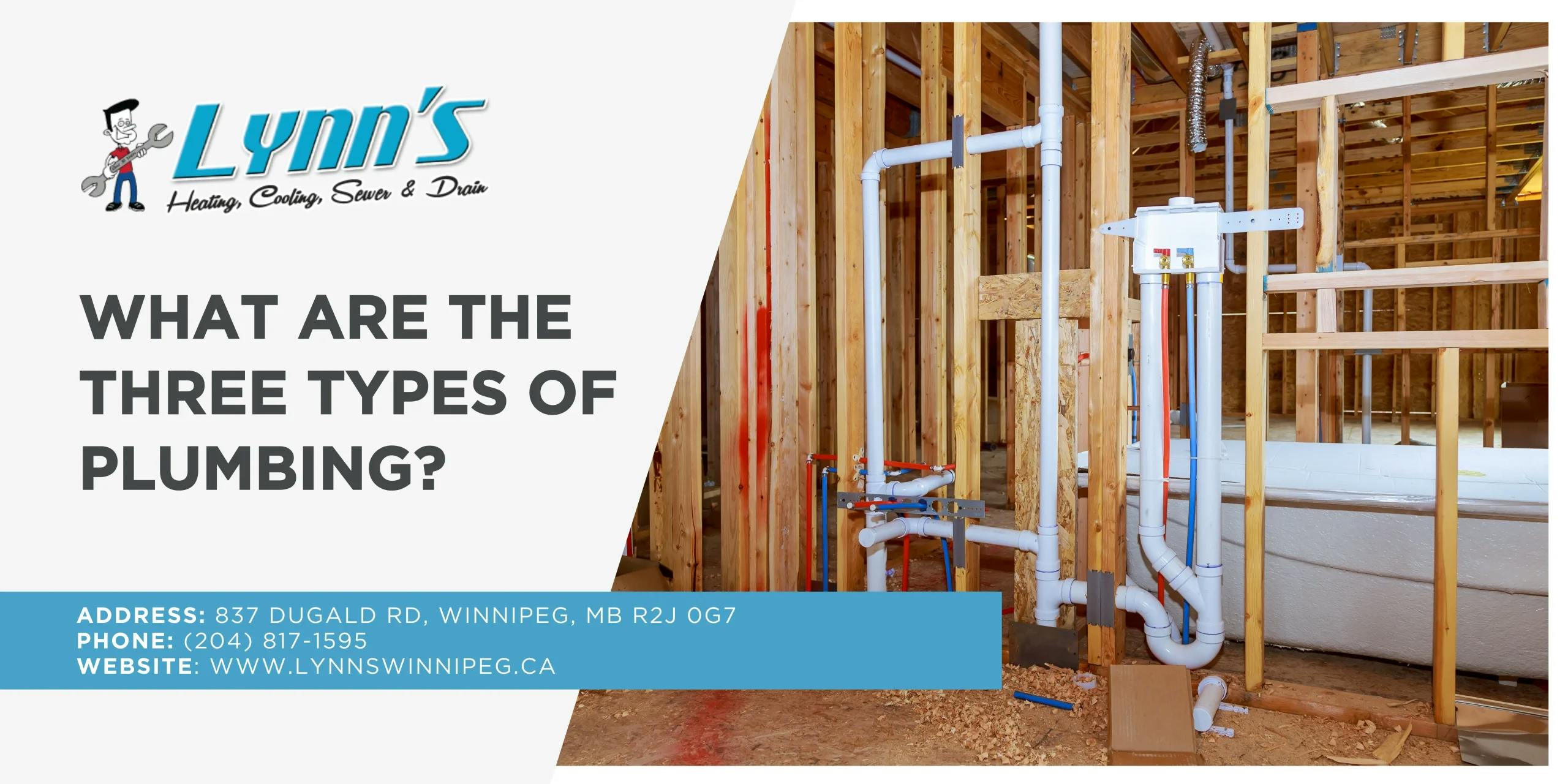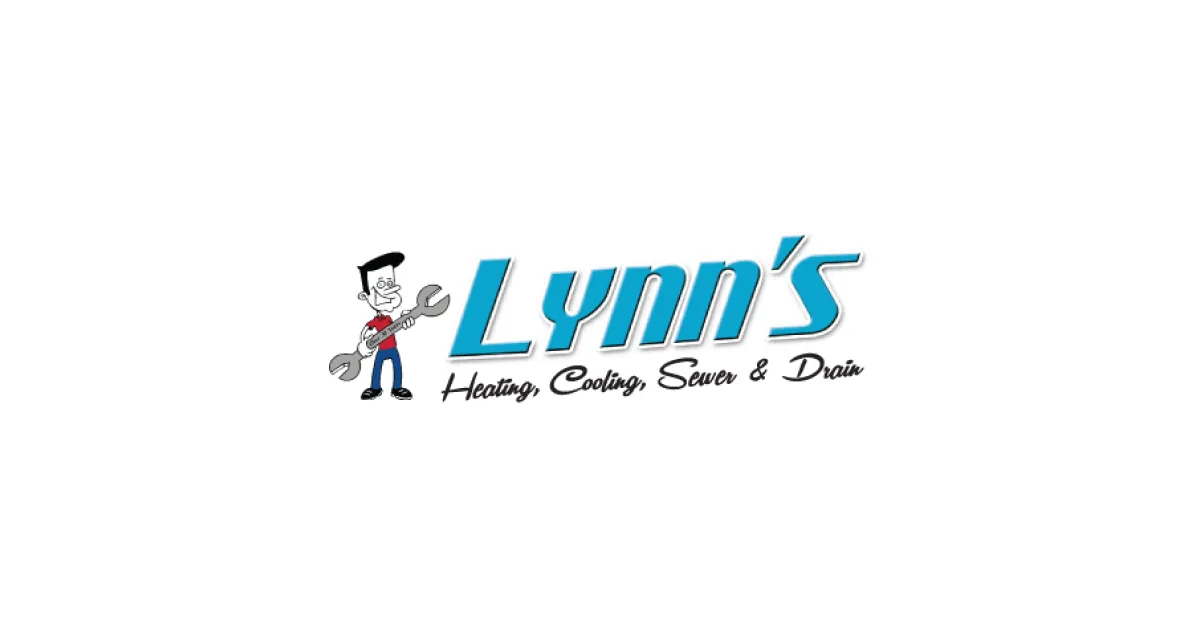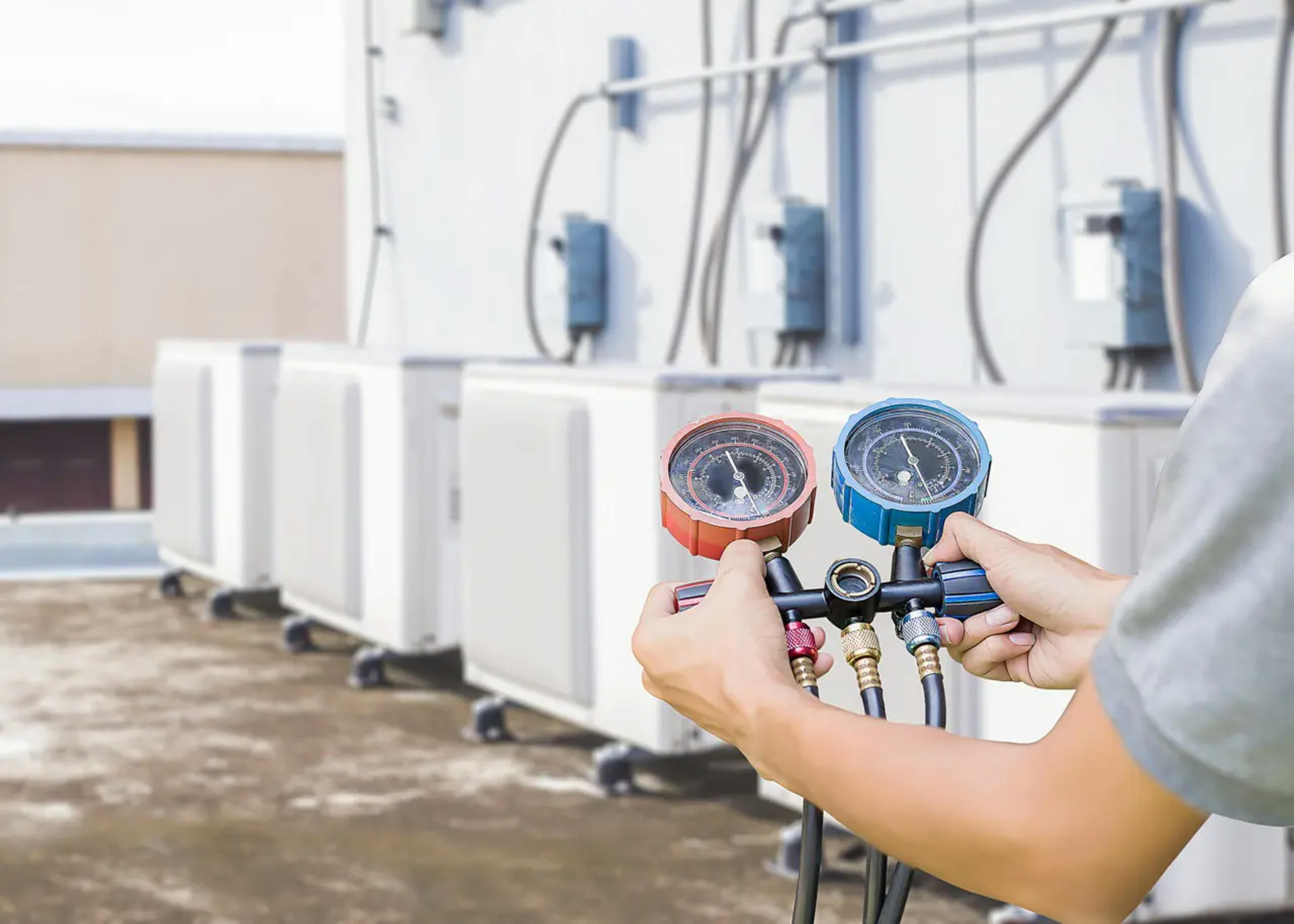
When most people think of plumbing, they picture toilets, faucets, or maybe a dripping tap. But behind the scenes is a complex system of components that quietly powers your home’s water supply and waste removal. And at the core of that system? The pipes.
In this post, we’ll explain why your pipe system is the backbone of your plumbing and how it works alongside other essential components to keep everything flowing smoothly. Plus, we’ll share tips on how to care for it—and when to consider professional plumbing services.
Why the Pipe System Matters Most
Your plumbing system has two critical jobs: delivering clean water to your home and carrying wastewater out. Pipes handle both—and without them, your sinks, toilets, showers, and appliances wouldn’t function.
A strong, properly installed pipe network:
- Delivers clean water efficiently to every tap and fixture
- Carries wastewater safely to your sewer or septic system
- Maintains water pressure and flow
- Prevents leaks and water damage
- Increases the long-term value and durability of your home
Think of pipes as the veins and arteries of your home’s plumbing—working silently behind the walls every single day.
Clean Water Supply Lines: Behind Every Tap
Supply pipes bring fresh, drinkable water from your municipal system or well into your home. These lines are often hidden behind walls and under floors, but they’re vital for daily tasks.
To perform properly, these pipes need to:
- Be made of durable, safe materials like copper, PEX, or CPVC
- Withstand long-term water pressure
- Remain free from leaks, corrosion, or contamination
When supply lines fail, you could face anything from low water pressure to contaminated drinking water.
Drainage Pipes: The Unsung Heroes
While supply lines bring clean water in, your drainage pipes remove used water. This part of the system directs waste from sinks, toilets, and appliances to your sewer or septic tank—and it has to work flawlessly.
A healthy drainage system should:
- Maintain proper slope to allow gravity to carry waste out
- Be vented to prevent airlocks and sewer gas from backing up
- Stay sealed to avoid leaks and moisture damage
Slow drains, gurgling sounds, or bad smells often point to issues in your drainage pipes—and these are signs you may need professional plumbing services.
Other Key Components of Your Plumbing System
While pipes do the heavy lifting, they rely on several other elements to function properly:
- Fixtures
Faucets, toilets, showers, and appliances like dishwashers make up the “user interface” of your plumbing system. But none of them work without the pipes behind them. - Valves and Shut-Offs
These give you control over your system, allowing you to stop the water flow during maintenance or emergencies. - Vents
Vent pipes regulate air pressure in your drainage system, preventing suction that can slow or stop drainage. - Traps
These curved pipes under sinks and tubs hold water to block sewer gas from entering your home. If they dry out or clog, you’ll smell the problem fast.
What Happens When Pipes Fail?
Damaged or aging pipes can cause a range of serious issues, including:
- Leaks, leading to water damage, mold, and rising water bills
- Burst pipes, especially in freezing temperatures
- Backups, from blocked or collapsed drain lines
- Water contamination, due to corrosion or cross-connections
- Poor water pressure, which makes everyday tasks frustrating
That’s why regular maintenance and timely plumbing services are essential for preventing costly repairs and health risks.
How to Take Care of Your Plumbing Pipes
Because pipes are hidden, prevention is key. Here’s how to maintain your system:
- Don’t pour grease, food, or chemicals down the drain
- Use drain covers to catch hair and debris
- Run hot water weekly to flush buildup
- Insulate exposed pipes in cold areas to prevent freezing
- Schedule plumbing inspections every 1–2 years
- Know where your main shut-off valve is for emergencies
- A little proactive care now can save you from major problems later.
Conclusion: Pipes Are the Heart of Your Plumbing
Fixtures might get all the attention, but without pipes, nothing in your home would function. A strong pipe system connects everything, ensuring clean water flows in and waste flows out.
Whether you’re renovating, building new, or just trying to avoid issues down the road, understanding the importance of your pipes is essential. For expert inspections, upgrades, and full-system support, trust Lynn’s Plumbing Heating & Cooling—your go-to for reliable plumbing services in Winnipeg.



